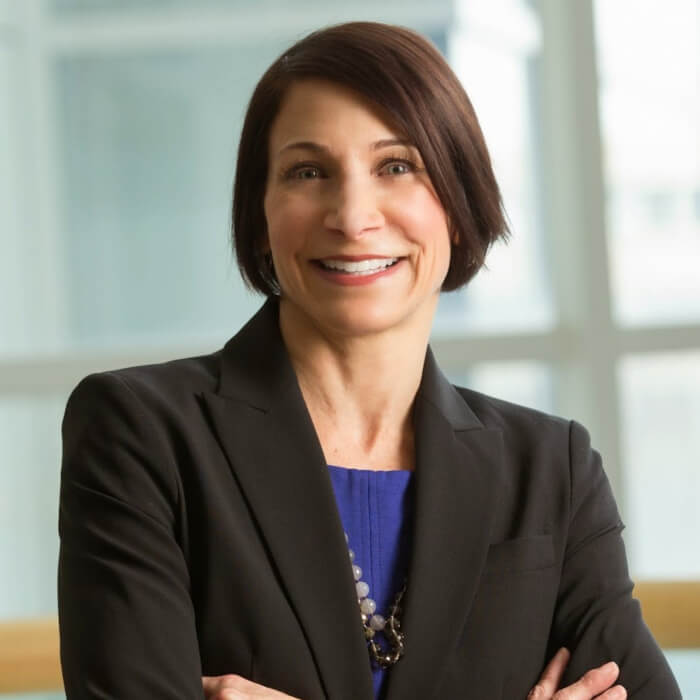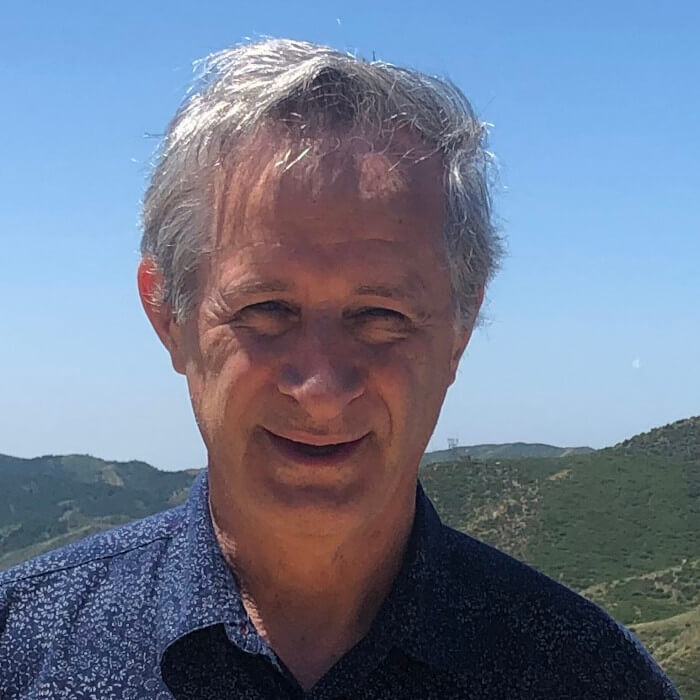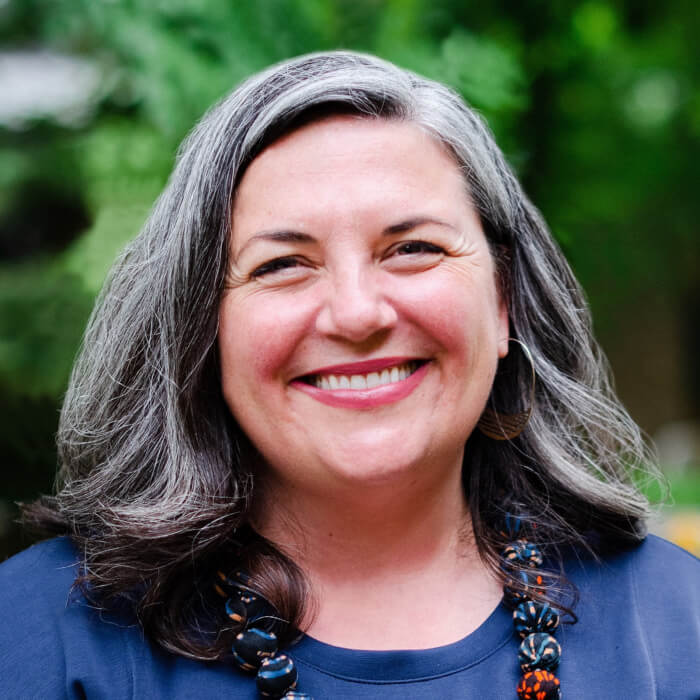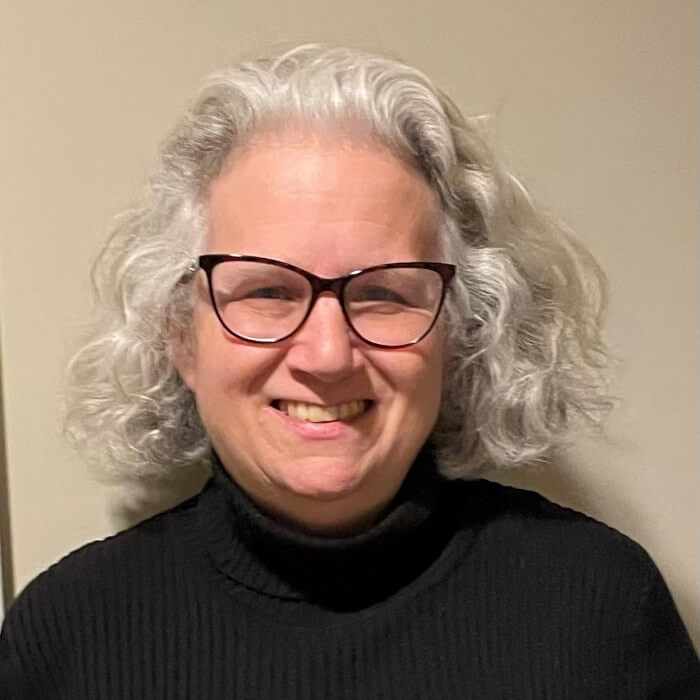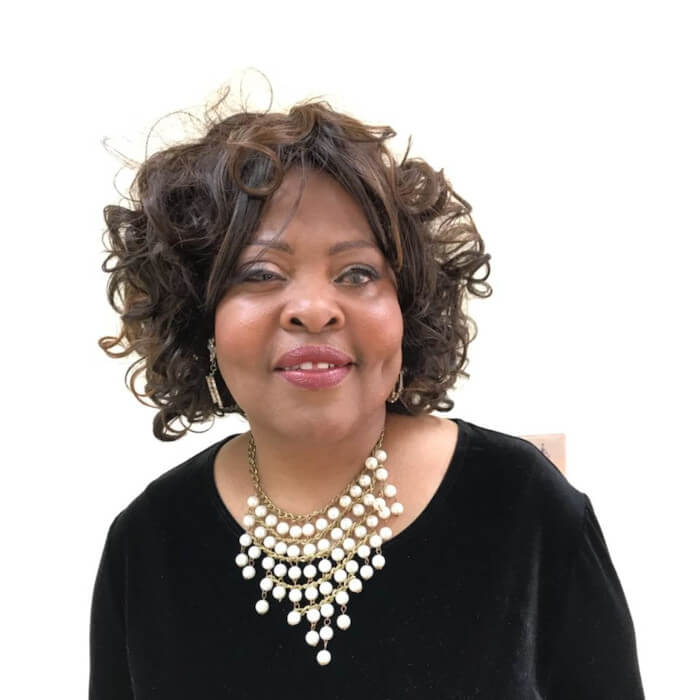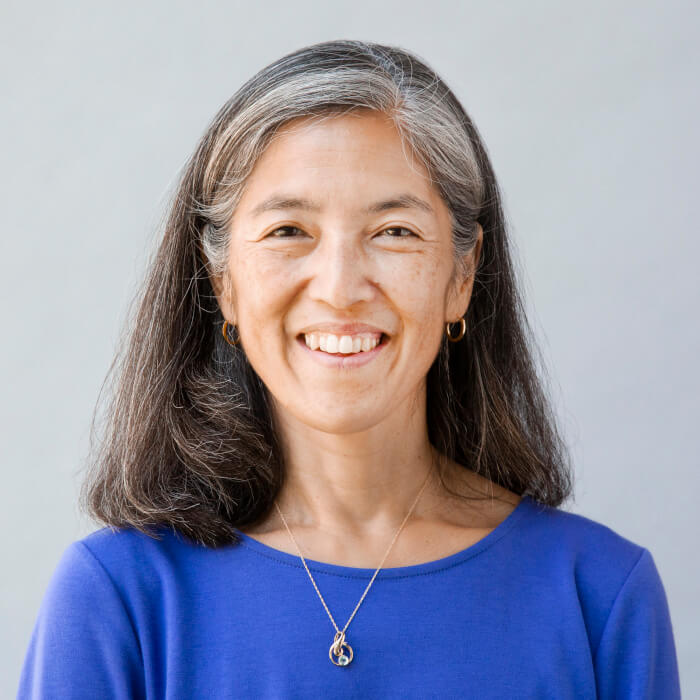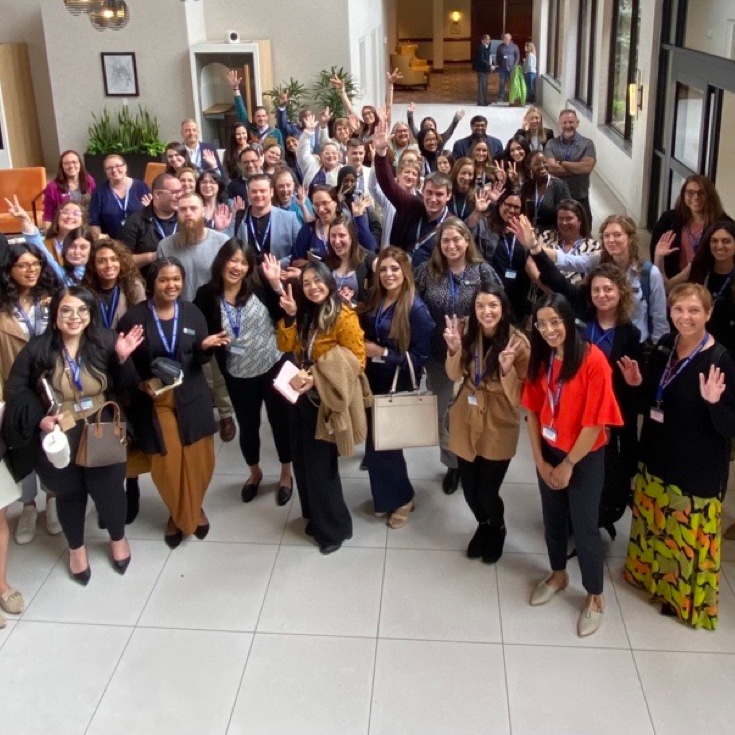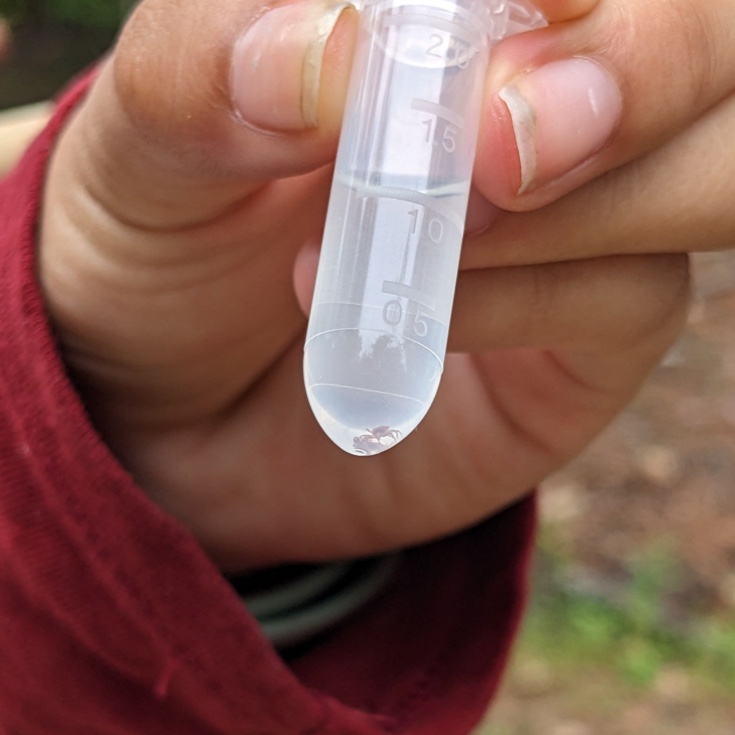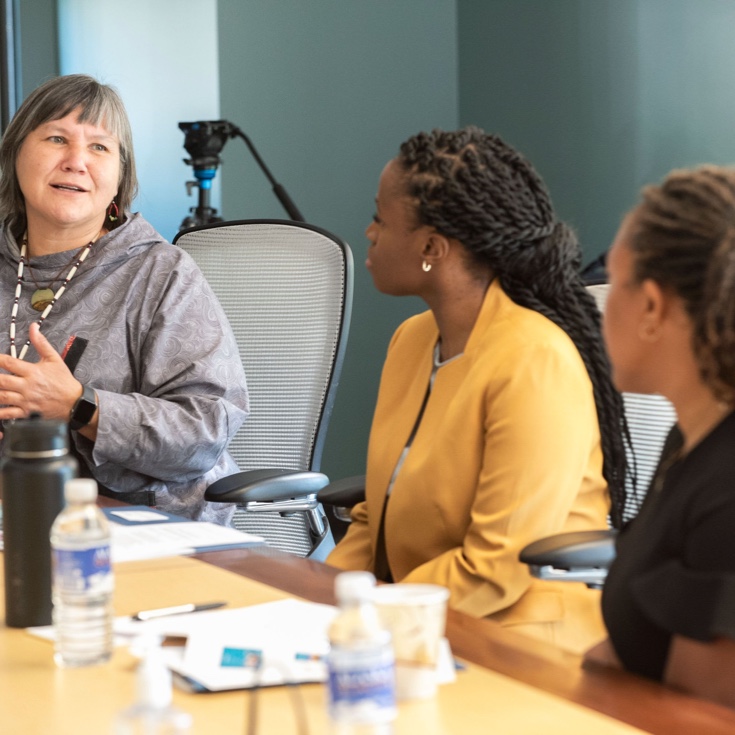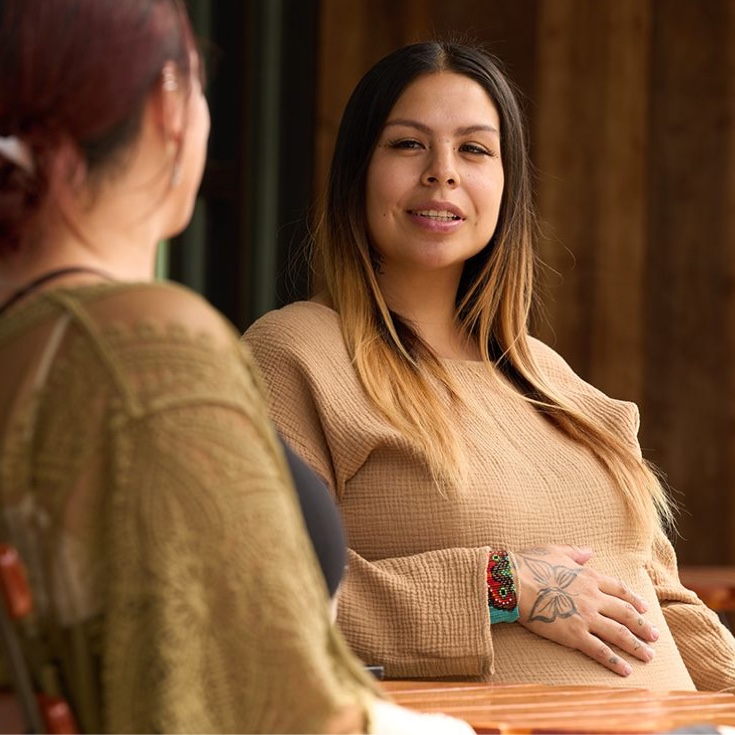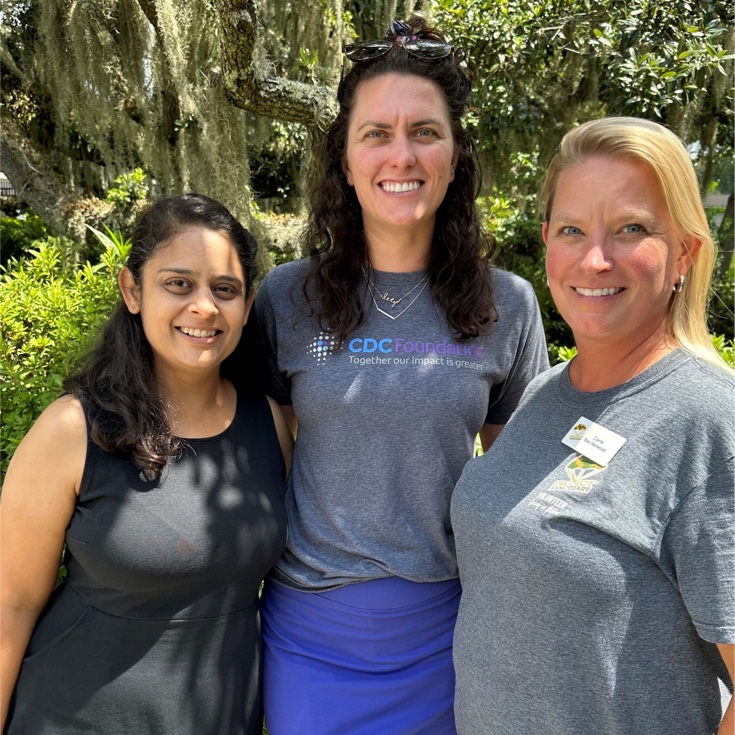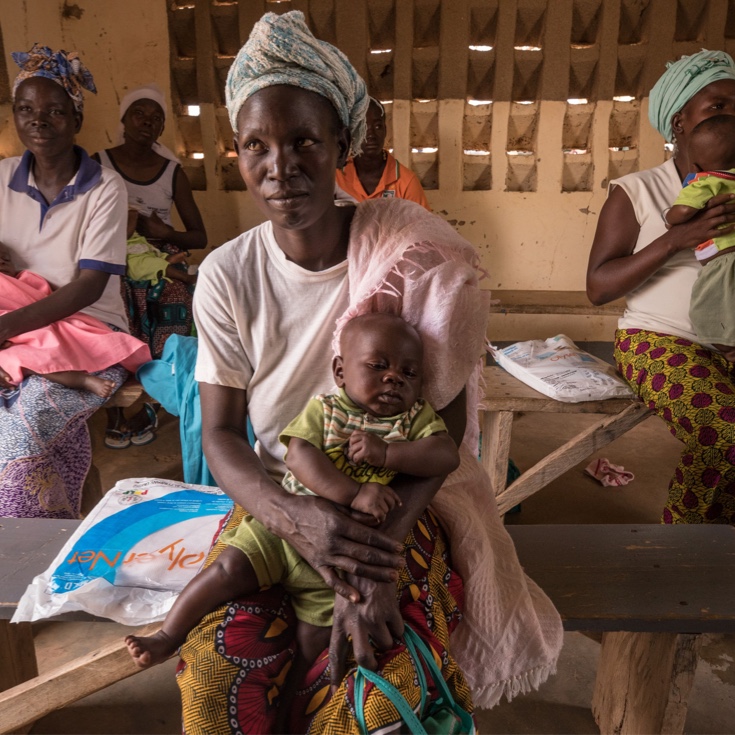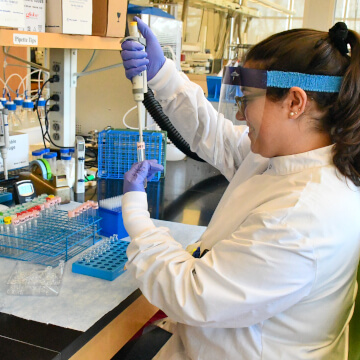
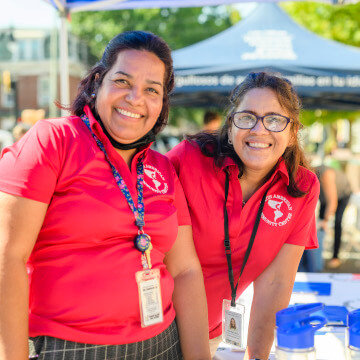
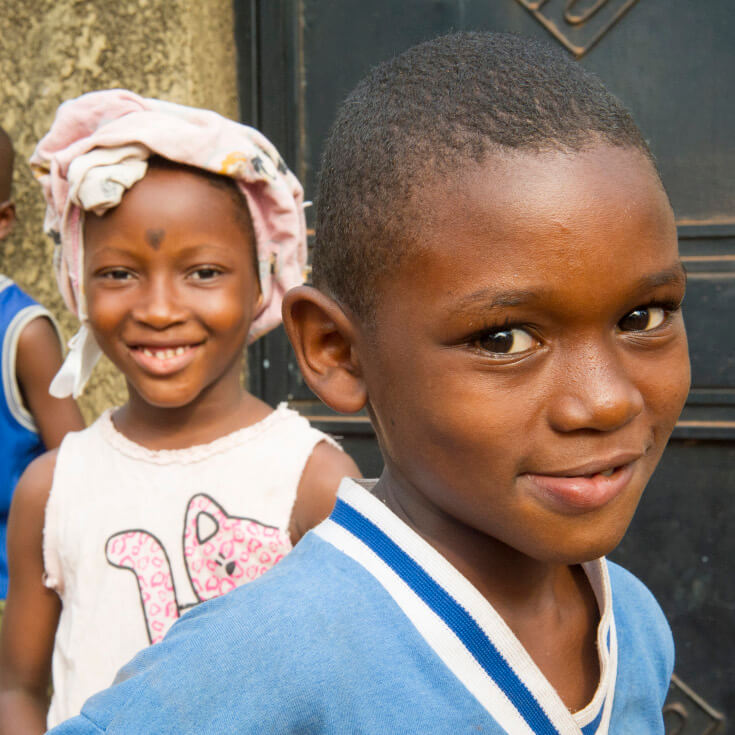
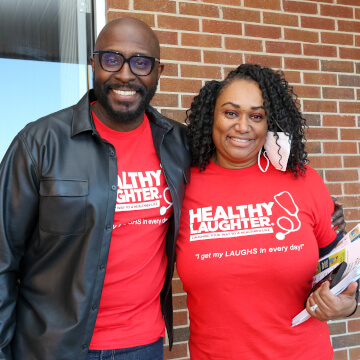
A Celebration of our Partners | Impact 2023
All Becauseof You.
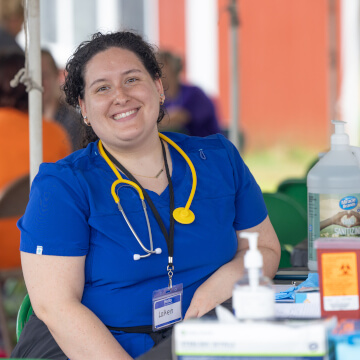
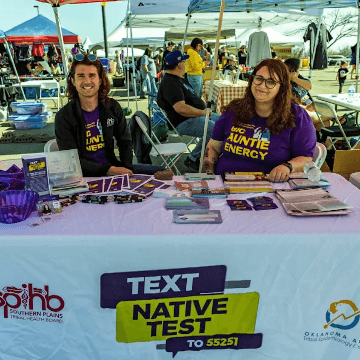
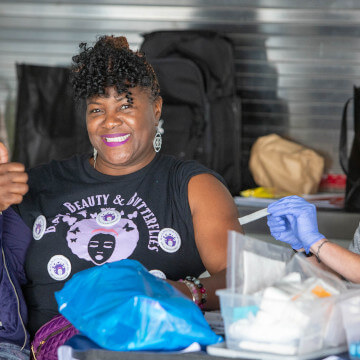
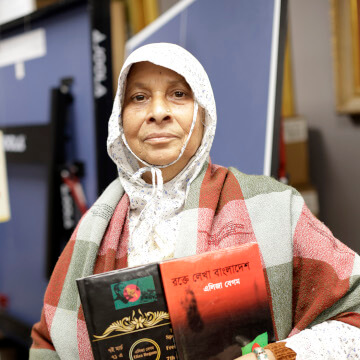
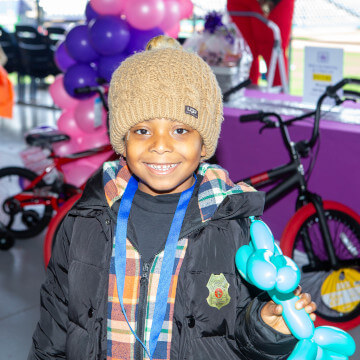
Each of you, our generous supporters and engaged partners, are part of every program and partnership we bring to life. You have helped us address workforce shortages by placing public health professionals in all 50 states, develop creative approaches to sharing critical health information that can protect our families, advance data sharing processes to provide a stronger public health infrastructure and much, much more. And that impact is a reason to celebrate.
Thank you for being right beside us—and for making this lifesaving work possible.
Thank you for being a part of the CDC Foundation’s work around the world. In this report, we connect with some of the many people who are making an impact every day. The information shared in this report includes data from the CDC Foundation’s fiscal year, July 1, 2022, to June 30, 2023.
Year in review
Support from donors and funders, to help CDC and our public health partners save and improve more lives
Countries impacted through CDC Foundation programs made possible by our donors
Including 110 domestic and 28 global programs with CDC and public health partners
Raised by the CDC Foundation to support nearly 1,400 programs since 1995
Partnerships—individuals, philanthropies, corporations and organizations—working together to make an impact
Community-based organizations funded throughout the country
Emergency response projects—from work addressing the opioid epidemic to responding to mpox virus
Donors representing all 50 U.S. states, as well as colleagues and citizens from U.S. territories and other nations helping advance lifesaving work
Voices of Impact
Impact Stories
Program Highlights
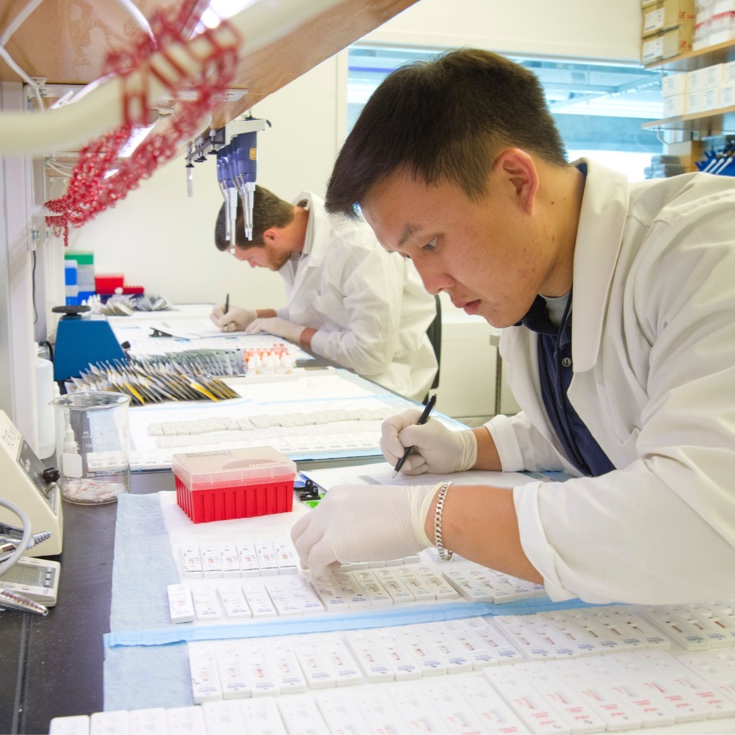
Evaluating and Improving Malaria Testing
An estimated 90 percent of deaths caused by malaria occur in sub-Saharan Africa, and most of these deaths occur in children under five years of age.
Quick and accurate diagnosis of malaria is important for treatment and helps prevent further infection in the community. However, as the parasite that causes malaria continues to evolve, rapid diagnostic tests must also evolve to provide accurate diagnosis of this fatal disease. The malaria specimen bank evaluation project, a collaboration between the CDC Foundation, the Centers for Disease Control and Prevention (CDC) and the World Health Organization (WHO), maintains a specimen bank of malaria-infected blood samples to evaluate and improve new and existing rapid diagnostic tests. WHO has developed a list of tests that meet a minimum set of criteria for accurately diagnosing malaria, and the malaria specimen bank evaluation ensures this list of tests remain accurate as it is shared with countries around the world.
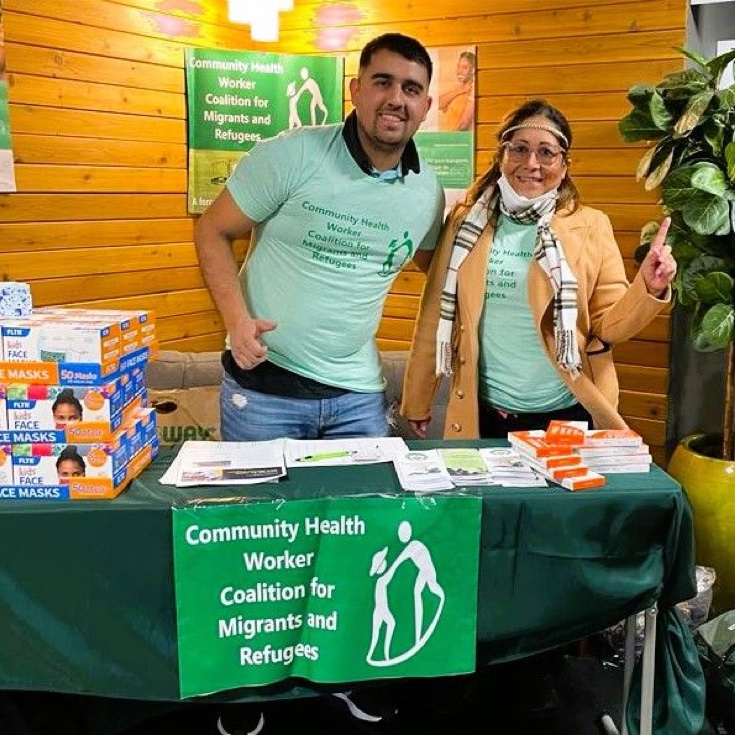
Reducing Barriers for Those at Risk of Mpox
In 2022, the United States experienced an unprecedented and rapid outbreak of mpox, a rare disease caused by a virus in the same family of viruses as smallpox. CDC estimates there are 1.7 million people in the United States who would benefit from mpox vaccines; however, factors such as limited healthcare access, fewer providers, lower vaccine confidence and concern about stigma have slowed vaccination efforts. There are also racial and ethnic disparities in vaccine coverage.
The Reducing Disparities in Mpox Vaccination project, launched in January 2023 and supported by the Robert Wood Johnson Foundation, provided mini-grants to 34 community-based organizations, six health departments and a tribal organization—reaching 20 states and Puerto Rico to support mpox vaccination efforts and working to reduce or eliminate barriers to vaccination among populations disproportionately impacted by mpox. These groups created strategic communication materials, launched vaccine clinics within easily accessible locations, provided transportation support and coupled mpox activities with HIV and sexually-transmitted infection prevention activities, all with the goal of addressing language barriers, vaccine hesitancy and health disparities and increasing access to health care.
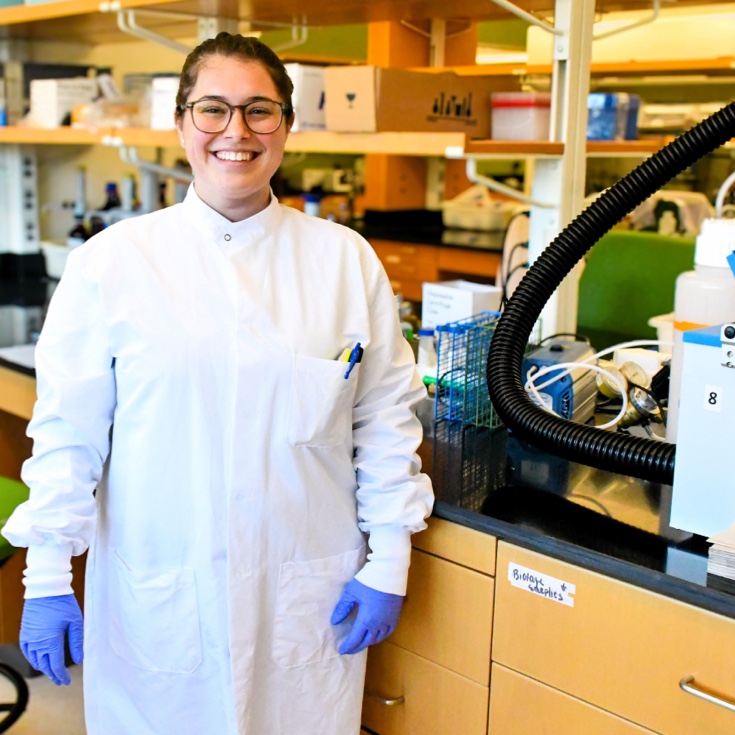
Expanding the Public Health Workforce
In addition to the CDC Foundation’s successful initiatives to add more than 4,000 field employees to the understaffed public health workforce as part of the COVID-19 response, the State-Funded Projects team was established in 2021 to assist departments across the country in quickly mobilizing jurisdictional resources and support workforce capacity needs by recruiting, hiring, training and managing staff.
By offering competitive salaries, benefits and growth opportunities, the Foundation continues to attract high-quality candidates, enabling health departments to boost their ability to respond to their communities’ needs in several key areas. In June 2023, there were 700 CDC Foundation field staff working in a variety of different roles within these organizations, ranging from traditional public health positions like epidemiologists, disease investigators and emergency response specialists, to data scientists, legal professionals, health policy experts, school liaisons, overdose coordinators, vaccine demand strategists and many more across all departments.
Partnering with Communities to Increase Vaccine Access
In collaboration with CDC, the CDC Foundation has partnered with 123 community-based organizations through the Partnering for Vaccine Equity (P4VE) program. These organizations are working to increase COVID-19 and flu vaccine education, access and acceptance among racial and ethnic communities and other groups marginalized by long-standing health and social inequities.
These community-based organizations have helped administer 230,000 lifesaving vaccines to adults, reached more than 300 million people through vaccine outreach, trained 51,000 community-level leaders and held more than 11,000 local immunization events. The Foundation created the Vaccine Resource Hub—an online repository of free, culturally relevant materials about vaccines, with materials and stories available in more than 50 languages. In November 2022, the P4VE program was honored at the National Adult and Influenza Immunization Summit.
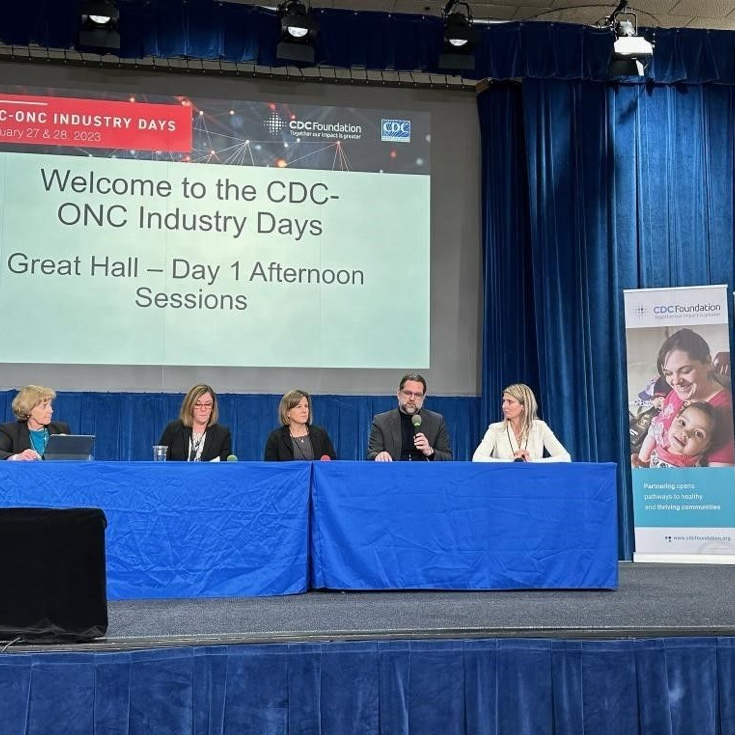
Expanding Public Health Data and Surveillance Systems
Today, some health departments still rely on fax machines to send and receive health-related data. These outdated processes slowed down the flow of information during the COVID-19 pandemic, leading to delays in decision making. But the CDC Foundation is helping health departments plug into modern, secure public health data and surveillance systems that can alert communities to health threats, like increases in maternal mortality rates or outbreaks of communicable diseases, in real time.
As one aspect of this data modernization effort, the CDC Foundation reached across sectors to bring together experts from CDC, other government agencies, research and private industry for a new Health Data and Innovation series. The initiative kicked off with a two-day gathering featuring more than 60 major tech companies to share the latest information and advances.
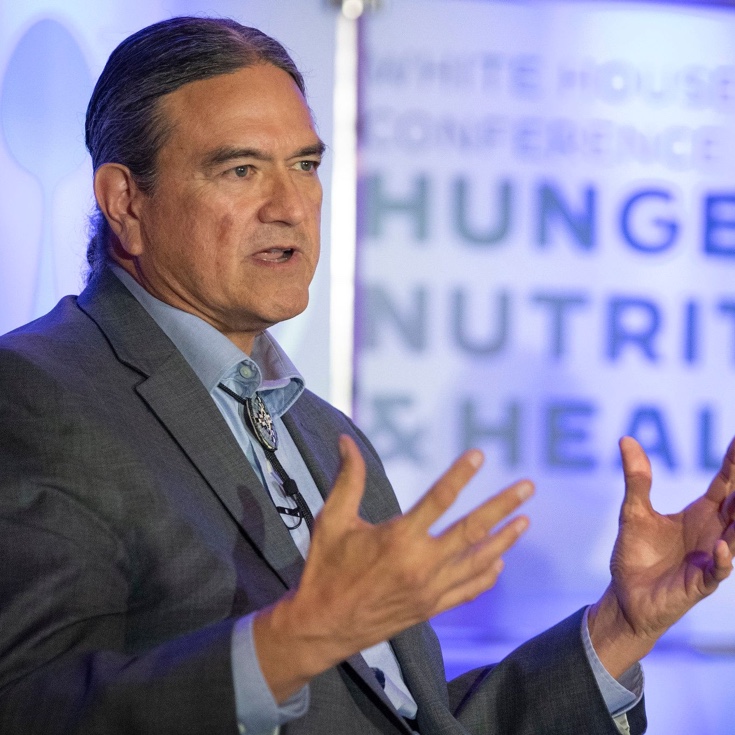
Mobilizing Partners to End Hunger in the United States
According to a report by the U.S. Department of Agriculture, some 17 million families, or 1 in 8 U.S. households, struggled with food insecurity last year. Supporting a goal to increase healthy eating and physical activity can also help fewer Americans experience diet-related diseases like diabetes, obesity and hypertension.
In September 2022, the CDC Foundation and a bipartisan group of leaders gathered for the White House Conference on Hunger, Nutrition and Health—the first since 1969—with the goal of mobilizing the public and private sectors to end hunger in the United States and increase nutrition, physical activity and the ability for all Americans to have equal access to healthy food. The Foundation was successful in identifying and engaging cross-sector stakeholders, and also invited those who had lived experience with food insecurity to participate in the discussions. As a result of these efforts, the Foundation helped the White House secure more than $8 billion in private- and public-sector commitments to support this work. In 2023, the CDC Foundation continued work to engage multi-sector partners for commitments to the White House Challenge to End Hunger and Build Healthy Communities. Commitments now include representation from all 50 states.
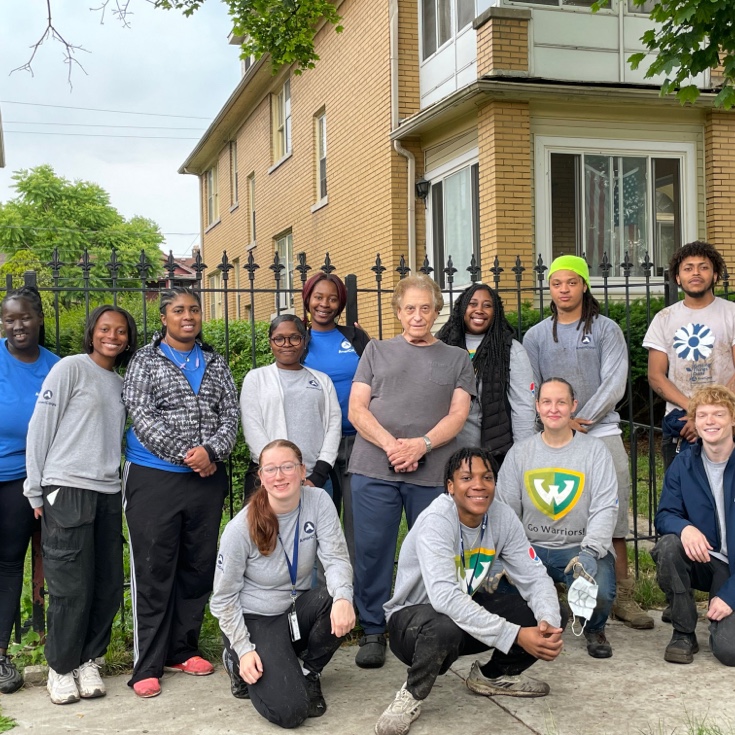
Supporting Young Leaders Raising Awareness for Climate and Health
Young people are keenly aware of the significant implications long-term, climate-related health issues have for their future, and they have become important contributors to efforts to find solutions.
To encourage these young leaders, the CDC Foundation through the support of a private donor provided funds to 11 organizations across the United States focused on engaging young people in raising awareness about the connections between climate and health and helping their communities respond to environment-related health challenges. These groups are engaging their communities through student events, teacher trainings and more. The Foundation also established a Youth and Climate Council, comprised of young adults from around the country who come together to share experiences and ideas for building community resilience to the health impacts of climate change.
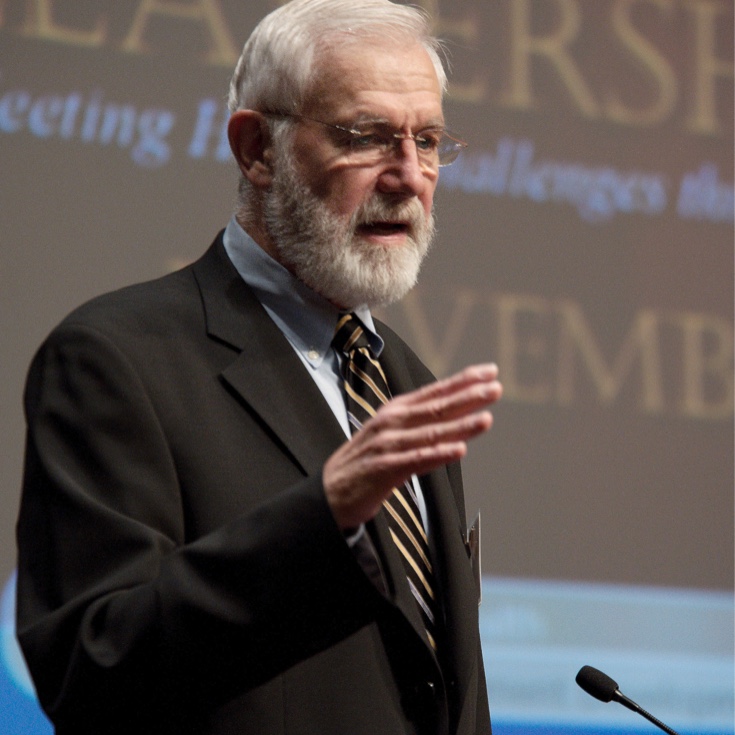
Using Public Health History to Impact the Future
Inspired by the writings of Dr. William “Bill” Foege—renowned American physician and epidemiologist and one of the key architects of the successful smallpox eradication effort in the 1970s—the Becoming Better Ancestors™ Fund was established in 2023 to support best in class, forward-thinking and strategic opportunities for improving public health.
The fund was influenced by lessons learned from moments of transformational public health impact in CDC history, such as Smallpox eradication, the COVID-19 pandemic and reducing tobacco use. Made possible through the estate of Craig White, the Hilton Foundation and individual donors, the fund aims to explore how these lessons can be applied to evolving and complex public health issues. The Becoming Better Ancestors Fund™ is a reminder that learning from public health history can empower us all to become better ancestors—and leave the world better than we found it.

Shining a Light on Antibiotic Resistance
In the fall of 2022, a unique theater performance cast a spotlight on the life and accomplishments of Sir Alexander Fleming, discoverer of penicillin, and the fragile future of antibiotics in our society. Launched in 2018 in Edinburgh, UK, The Mold That Changed the World was brought to the United States by the CDC Foundation in partnership with the British Society for Antimicrobial Chemotherapy, Charades Theatre Company and the British Government.
With support from Merck, Becton Dickinson, the AMR Action Fund, The Rockefeller Foundation and UPS Foundation, performances were hosted in Washington, DC, and Atlanta, GA. Focusing on the life of Dr. Fleming, the musical highlights the impact of antibiotics and warns of the risks posed by the rise of antimicrobial resistance. In all its performances, The Mold That Changed the World recruited local scientists and healthcare professionals to perform alongside professional actors in the show’s chorus, showcasing the valuable role of public health in today’s society. As part of the initiative, the CDC Foundation hosted Atlanta’s opening night event, which featured CDC and CDC Foundation staff alongside the musical’s creative team in a panel discussion on the impacts of antibiotics.
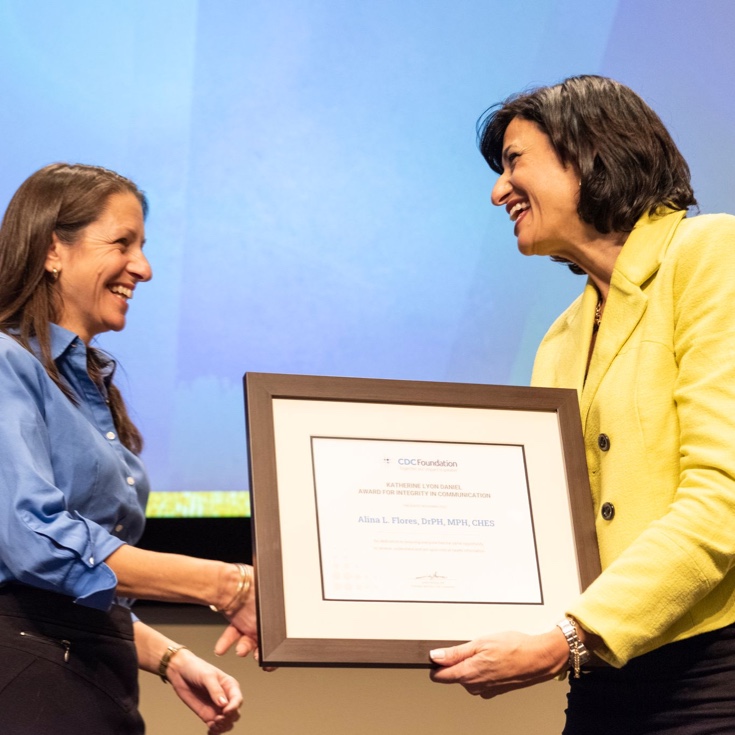
Awarding Integrity in Communications
In November 2022, Alina Flores, health communication specialist in CDC’s National Center on Birth Defects and Developmental Disabilities, was named the first awardee of the Katherine Lyon Daniel Award for Integrity in Communication.
Funded through the generosity of individual donors, the award honors the work of Katherine Lyon Daniel, PhD, who held various communication and leadership roles at CDC, including associate director of communication and deputy associate director of communication before retiring in 2021. The award is given as part of the annual CDC-ATSDR Honor Awards to one mid- to senior-level CDC employee who has demonstrated integrity consistent with the CDC communication principles, often applied in challenging, high-pressure or emergency situations. Flores was recognized for her work in disseminating critical public health information to people with disabilities and literacy limitations during the COVID-19 response.

Expanding the Connections of Epidemic Intelligence Service Alumni
A globally recognized fellowship program whose officers serve on the frontlines of public health, the Epidemic Intelligence Service (EIS) remains an integral part of America’s investigative and global emergency response capacity. The CDC Foundation administers the EIS Alumni Association (EISAA).
In 2023, EIS officers and alumni got a boost when members of EISAA raised more than $36,000 to promote the welfare of the EIS program. To help spread the word, EISAA promoted the Race to the Rescue: May the Best EIS Class Win! campaign through a new website and online community portal established to connect EIS alumni, build networks in public health and support the EIS program’s role as the premier public health training program in the world. Comprised of more than 4,000 alumni working in all levels of public health, EISAA was established in the mid-1960s by a group of alumni who recognized the importance of fostering a sense of loyalty to the growing EIS program. Outside of the groups’ annual end-of-year giving campaign, the Race to the Rescue campaign was the most successful fundraiser in the EISAA’s history.
A Message from Our CEO
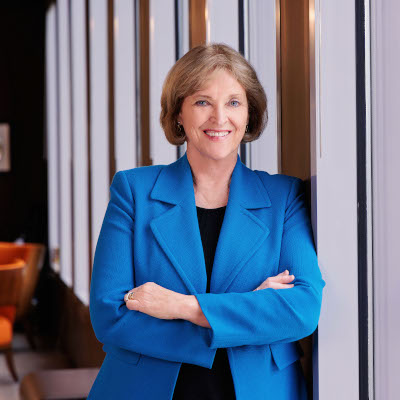
The CDC Foundation brings together partners to tackle our world’s most pressing health challenges. Thanks to all of our donors and partners for being by our side each step of the way. As we look back on the year, we are proud of what we have achieved together. It’s because of you that we are making a difference every day.
Judy Monroe, MD
President and CEO, CDC Foundation
Our Donors
Thank you for making our work—and this impact—possible, and for helping us finish FY2023 strong. It’s because of you that public health is stronger across the globe.
